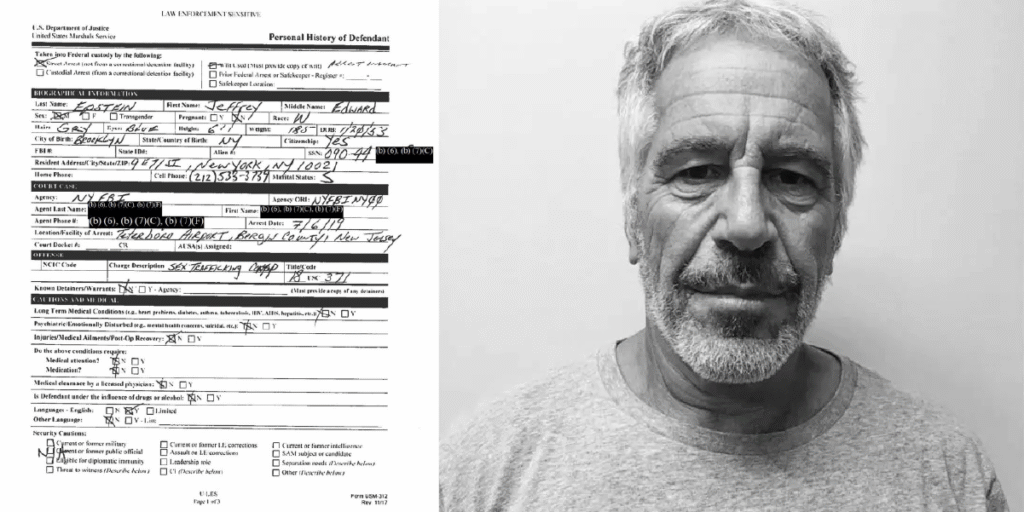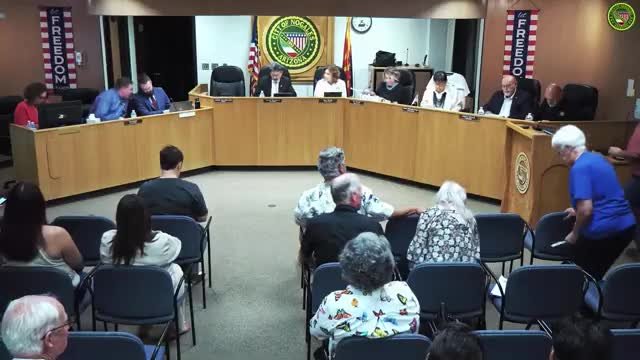
This year, the U.S. Department of Justice evaluated files related to Jeffrey Epstein and concluded that there wasn’t enough evidence to pursue new investigations. It’s sparked quite a bit of criticism, raising concerns over whether high-profile individuals are being overlooked.
This decision, it seems, clashes with earlier statements made by U.S. Attorney General Pam Bondy, who suggested a more open approach to the matter.
With mounting pressure on the DOJ, including inquiries from Congress and a request from former President Trump for the release of grand jury testimony, three Republican candidates in the upcoming Alabama Attorney General race are weighing in on legal implications from the state level.
All three candidates expressed support for investigations into any credible allegations listed in records, regardless of political affiliations.
Katherine Robertson, who worked under former U.S. Attorney General Jeff Sessions and is now Alabama Attorney General Steve Marshall, is advocating for the release of all unsealed documents related to Epstein and Ghislaine Maxwell. She emphasized the necessity for transparency to rebuild public trust in government.
However, she also pointed out that this release must prioritize victim safety and adhere to strict legal standards.
Former Alabama Supreme Court Judge Jay Mitchell believes that the Biden administration’s methods should be examined. He’s put his faith in Trump and his team to appropriately handle the situation.
He noted that after years of what he sees as the politicization of the Justice Department, it is crucial for the safety of Alabama citizens to understand how this issue is handled.
Pamela Casey, the Blount County District Attorney, shared the view that while transparency is essential, it must be balanced with victim protection. Drawing from her experience as a prosecutor, she reflected on the tendency for investigative files to remain sealed to ensure victim safety.
She raised concerns too, about the Biden administration holding these files for the past four years, questioning the integrity of the evidence and suggesting potential mishandling.
Regarding Ghislaine Maxwell, thoughts were shared on whether candidates could urge her to disclose information about her clients. Robertson mentioned that revealing the truth serves the public interest and suggested considering incentives for Maxwell’s testimony.
Casey added that before any such deal is made, understanding Maxwell’s potential contribution is crucial. If she holds information leading to meaningful prosecutions, an incentive could be necessary for cooperation.
All three candidates affirmed their support for investigating credible claims linked to Epstein and Maxwell, regardless of political ties.
Robertson expressed a firm stance—every credible claim should be explored. Casey echoed this sentiment, emphasizing that financial or political status shouldn’t deter judicial actions against justified criminal allegations.
Past investigations into the Epstein network have drawn criticism for their narrow focus, fueling public skepticism about whether influential figures are being shielded from scrutiny.
Robertson endorsed deeper investigations by Republicans in Congress but cautioned that independent reviews have at times been used more as weapons than genuine efforts to discover the truth.







